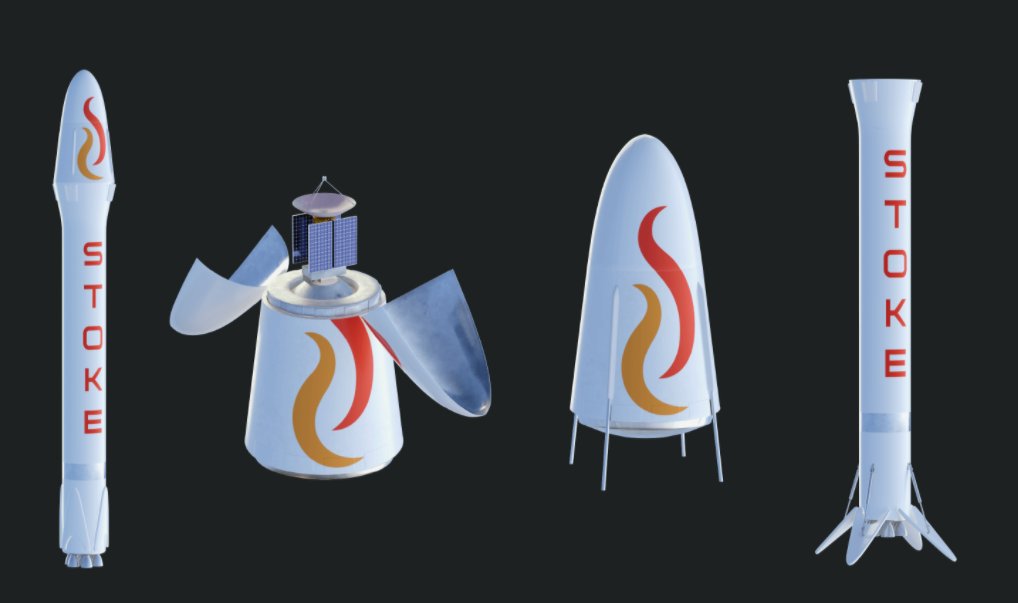Reusable rocket companies are revolutionizing the way we access space. By developing rocket systems that can be launched and landed multiple times, these companies are significantly reducing the cost of space exploration and opening up new possibilities for research and commercial activities in orbit. Here is a closer look at six of the leading reusable rocket companies and what they have planned for the future:
Related:
Reusable rocket companies
SpaceX

Founded by Elon Musk in 2002, SpaceX has made a name for itself with its Falcon 1, Falcon 9, and Falcon Heavy rockets. These rockets are designed to be fully reusable and have been used to launch numerous payloads into space, including satellites, crewed missions to the International Space Station, and even a Tesla Roadster. In the future, SpaceX plans to continue launching payloads into space and is also working on developing a rocket called the Starship that will be capable of transporting humans to the Moon and Mars.
Rocket Lab

Rocket Lab is a space launch company founded in 2006. Its Electron rocket is a small, two-stage rocket designed for launching small payloads into space. The Electron is partially reusable, with the first stage able to be recovered and refurbished for future flights. In the future, Rocket Lab plans to continue launching payloads into space and is also working on developing a larger, fully reusable rocket called the Neutron.
Relativity Space

Relativity Space is a startup founded in 2016 that is developing a fully-automated rocket manufacturing system. Its first rocket, the Terran 1, is set to launch in 2023. In the future, Relativity Space plans to continue launching payloads into space and is also working on developing a larger rocket called the Terran R that will be reusable and capable of transporting humans to the Moon and Mars.
Blue Origin

Blue Origin is a privately-held company founded by Jeff Bezos in 2000. It is known for its New Shepard rocket, which is a fully reusable suborbital rocket designed for taking tourists on short trips to space.
The company is also developing a larger, orbital-class rocket called the New Glenn, which is expected to be reusable.
Stoke Space

Stoke Space is a startup that is developing a fully reusable rocket, I don’t know what their name is, but it looks unique. The company aims to provide low-cost access to space for payloads, such as satellite constellations and scientific instruments.
They haven’t launched anything, and they haven’t given any date so far, but they will text their vertical launch capability of their upper stage.
Pulsar Fusion

I don’t know this is reusable or not, but it looks like, so here in the list.
Pulsar Fusion is a startup developing the Direct Fusion Drive (DFD), a compact fusion reactor that provides power and thrust for space systems.
The DFD has a high specific impulse and is expected to have thrust levels of 10 to 101N, with exhaust speeds between 110 and 350 km/s.
Pulsar Fusion is currently building a prototype DFD engine, with static tests planned for 2023 and an In Orbit Demonstration in 2027. If successful, the DFD could revolutionize space propulsion and enable more ambitious space exploration missions.
Sierra Space

Sierra Space is a space exploration company that recently completed major milestones for its first commercial space station and is developing a reusable, winged commercial space plane for NASA resupply missions to the International Space Station starting in 2023. The company also works on various space-related projects, including propulsion, habitation, and life support systems. Sierra Space is known for its focus on innovation and efficiency.






